Cambodia comes of age
First a warzone and then a place for dyed-in-the-wool backpackers - this is a place whose time has come
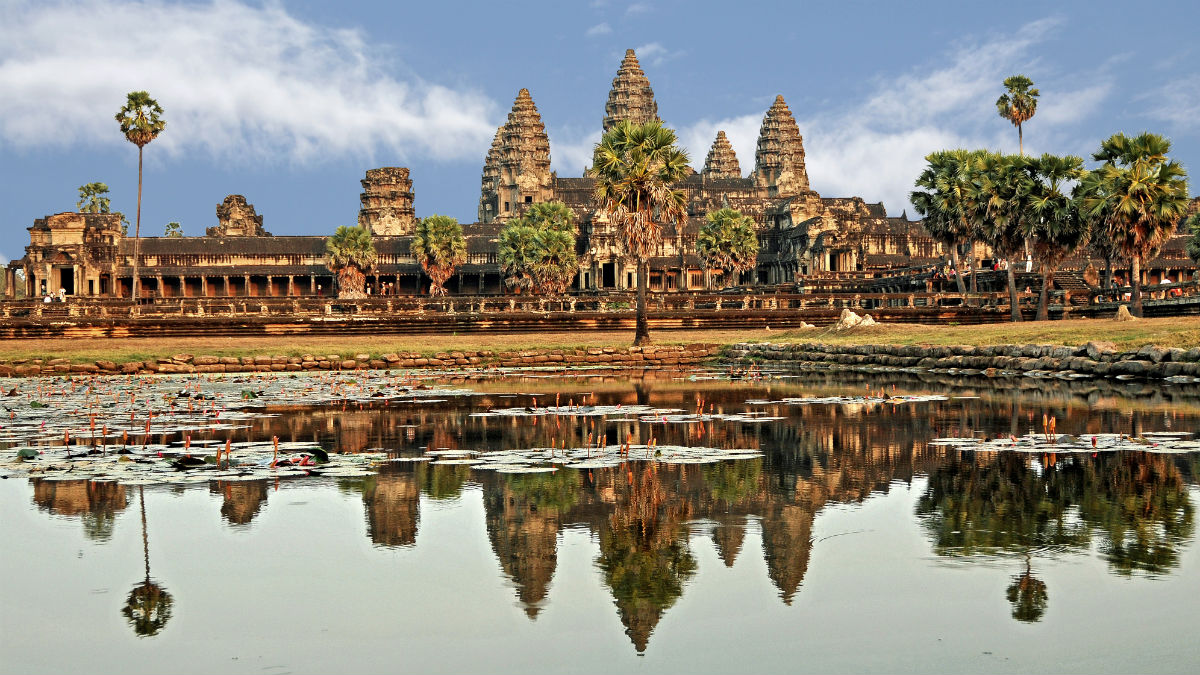
A free daily email with the biggest news stories of the day – and the best features from TheWeek.com
You are now subscribed
Your newsletter sign-up was successful
When I first went to Cambodia, the journey from the capital Phnom Penh to the temples of Angkor was a 12-hour minibus ride from hell, if you were lucky.
That was 20 years ago – a time when friends, hearing of your travel plans, would think you'd taken leave of your senses. Images of Pol Pot, the Khmer Rouge and their killing fields hardly seemed enticing.
When peace came to the country in 1991 the backpackers arrived, but they trod an uninspired path. No doubt they were deterred by the huge quantity of ordnance dumped so unceremoniously by the Americans during raids across the border from Vietnam.
The Week
Escape your echo chamber. Get the facts behind the news, plus analysis from multiple perspectives.

Sign up for The Week's Free Newsletters
From our morning news briefing to a weekly Good News Newsletter, get the best of The Week delivered directly to your inbox.
From our morning news briefing to a weekly Good News Newsletter, get the best of The Week delivered directly to your inbox.
Many of the original travellers followed in the footsteps of Sean Flynn, son of Errol, who transformed his Hollywood brat image by taking on the mantle of war photographer. Starting out in Vietnam, he later crossed the border to document the disturbing rise of the Khmer Rouge – who later took him captive.
Flynn disappeared in April 1970 at the age of 28 and was declared legally dead 14 years later.
Today, Cambodia is transformed – and largely by improved local infrastructure and an impressive range of places to stay, rather than wholesale concessions to globalised international tourism.
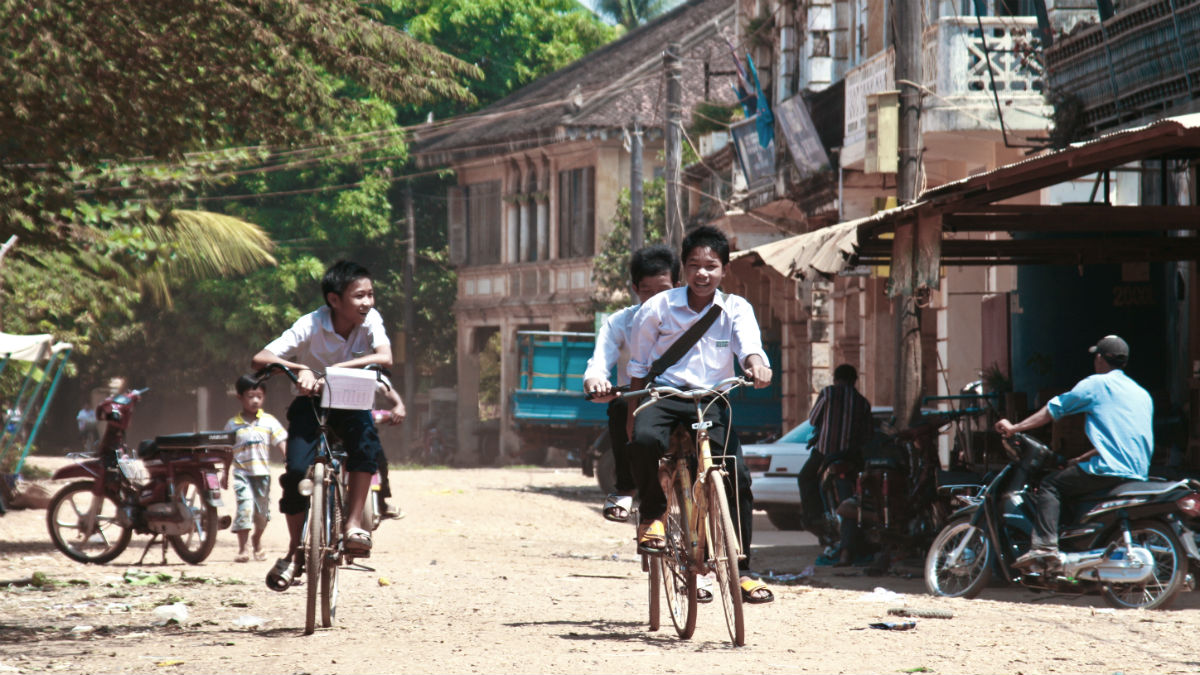
A country that once demanded considerable effort from its visitors is now a much less onerous proposition, yet it still rewards the inquisitive and those who like to explore the relatively unbeaten path. Even Phnom Penh has a knack for springing surprises.
A free daily email with the biggest news stories of the day – and the best features from TheWeek.com
The best way to get to grips with the city is to explore its network of back streets, where daily life continues much as it has for decades: cottage industries and artisan craftsmen ply their trades in shop fronts that cascade onto busy pavements, tuk-tuks jostle for road space with moped drivers, and street hawkers concoct authentic Khmer dishes with minimal equipment and fanfare.
One of the principle pleasures on offer here is simply to sit in a pavement cafe with a coffee (grown in the Mondulkiri province, sweet and strong) and a freshly baked croissant (the French influence remains), watching local life unfold.
Although heavy development has diluted the charm of the waterfront, where the Tonle Sap (the largest freshwater lake in South East Asia) converges with the mighty Mekong River, much of the older order survives.
This is a city where monuments such as the Royal Palace and the Silver Pagoda, with its 5,000 silver floor tiles, coexist alongside the scars of recent history. Whether or not to visit the Tuol Sleng genocide museum and the extermination camp at Choeung Ek is a personal decision, but if you truly want to understand Cambodia then these are two sites it's hard to ignore.
Angkor Wat
To tap into the deeper past, and a more edifying stretch of history, take the road from Phnom Penh into the centre of Siem Reap, the gateway to the temples of Angkor. It will take you about six hours by road, or 45 minutes by air.
At the height of the Khmer Empire, during the 11th to 13th centuries, Angkor was the largest city in the world, home to a million inhabitants and around 1,000 temples. It remains the world's largest religious monument and, with many of its treasures beautifully preserved it is both a Unesco World Heritage Site and one of the seven wonders of the forgotten world.
With all of the accolades and interest come mass tourism, but with a little bit of research there are still some fabulous (and authentic) places to stay. The effort you put into finding the right crowd-avoiding local guide will be well rewarded.
On the beach
That Kep is often called Kep-sur-Mer gives you some idea as to its heritage. A favoured haunt of the Cambodian elite in the 1950s, it suffered greatly during the ferocious fighting between the Khmer Rouge and forces loyal to the government.
On the south coast of Cambodia, near the border with Vietnam, it is a better and more interesting option than Sihanoukville, to which most beach-bound travellers head. The latter is now rather touristy, whereas Kep displays a charm rarely found on Asia's coastline.
The Kep you see today bears the hallmarks of enterprising expats who have begun to rebuild and remodel the town, although relatively few of its once magnificent villas have been restored to their original grandeur.
It is a mesmerising place and one can't help but wish, however naively, that it is left as it is: the original architecture that remains is still pleasing on the eye and the scars of battle almost add to its impact. There's not a tacky seaside shop to be found, and the local wood-shack restaurants serve some of the finest seafood in Asia. Hotels have been created or restored with considerable flare.
Like much of this country, Kep has an infectious optimism. And, as Cambodia discards but never forgets its traumatic past, you can't help but hope it, and its charming people, enjoy the stability and prosperity they so richly deserve.
Fact file
Selective Asia (01273 670001; www.selectiveasia.com) offers a 13-day Cambodia in Style trip costing from £1,414 per person based on two people travelling, staying in first class accommodation and organised on a tailor-made basis with private arrangements throughout. Flights are not included and cost from around £650 (including taxes) with Thai Airways. Cambodia can also be easily combined with other countries in the region. The 19-day Ultimate Vietnam and Cambodia costs from £2,188 per person (excluding flights).
-
 The environmental cost of GLP-1s
The environmental cost of GLP-1sThe explainer Producing the drugs is a dirty process
-
 Greenland’s capital becomes ground zero for the country’s diplomatic straits
Greenland’s capital becomes ground zero for the country’s diplomatic straitsIN THE SPOTLIGHT A flurry of new consular activity in Nuuk shows how important Greenland has become to Europeans’ anxiety about American imperialism
-
 ‘This is something that happens all too often’
‘This is something that happens all too often’Instant Opinion Opinion, comment and editorials of the day
-
 Friendship: 'bromance' comedy starring Paul Rudd and Tim Robinson
Friendship: 'bromance' comedy starring Paul Rudd and Tim RobinsonThe Week Recommends 'Lampooning and embracing' middle-aged male loneliness, this film is 'enjoyable and funny'
-
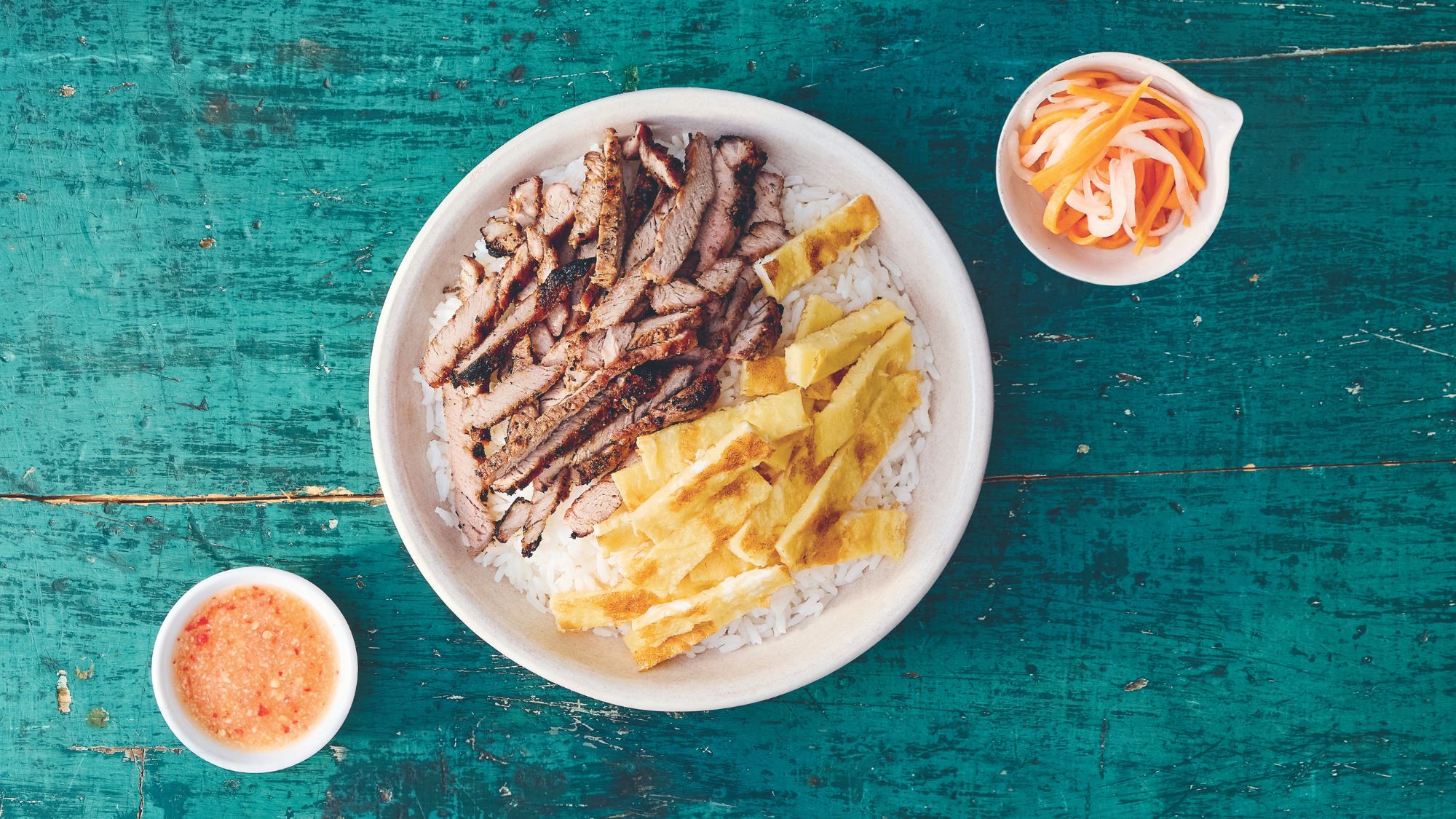 Cambodian pork and rice recipe
Cambodian pork and rice recipeThe Week Recommends This street-food dish is traditionally eaten for breakfast, but makes a delicious dinner, too
-
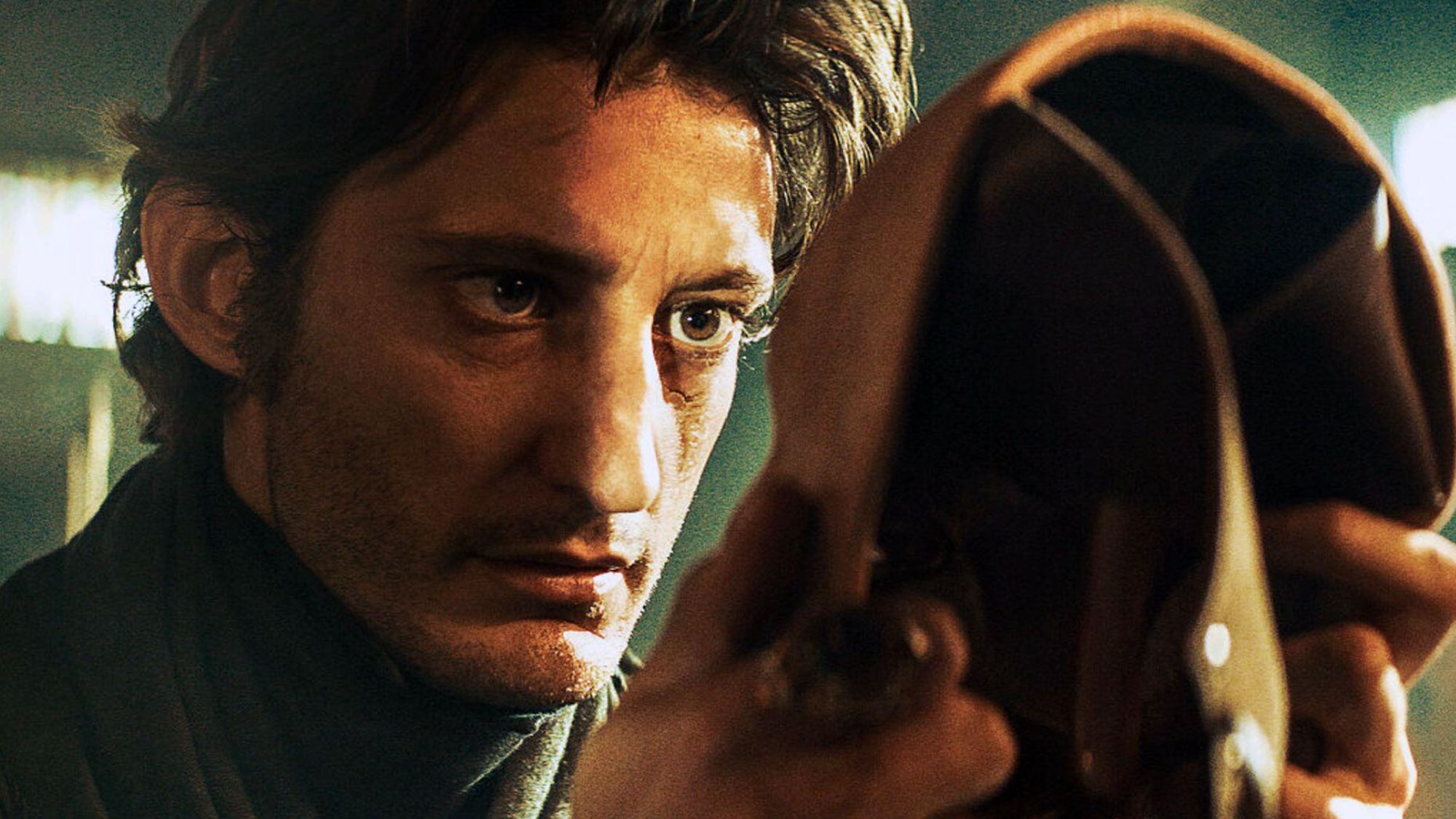 The Count of Monte Cristo review: 'indecently spectacular' adaptation
The Count of Monte Cristo review: 'indecently spectacular' adaptationThe Week Recommends Dumas's classic 19th-century novel is once again given new life in this 'fast-moving' film
-
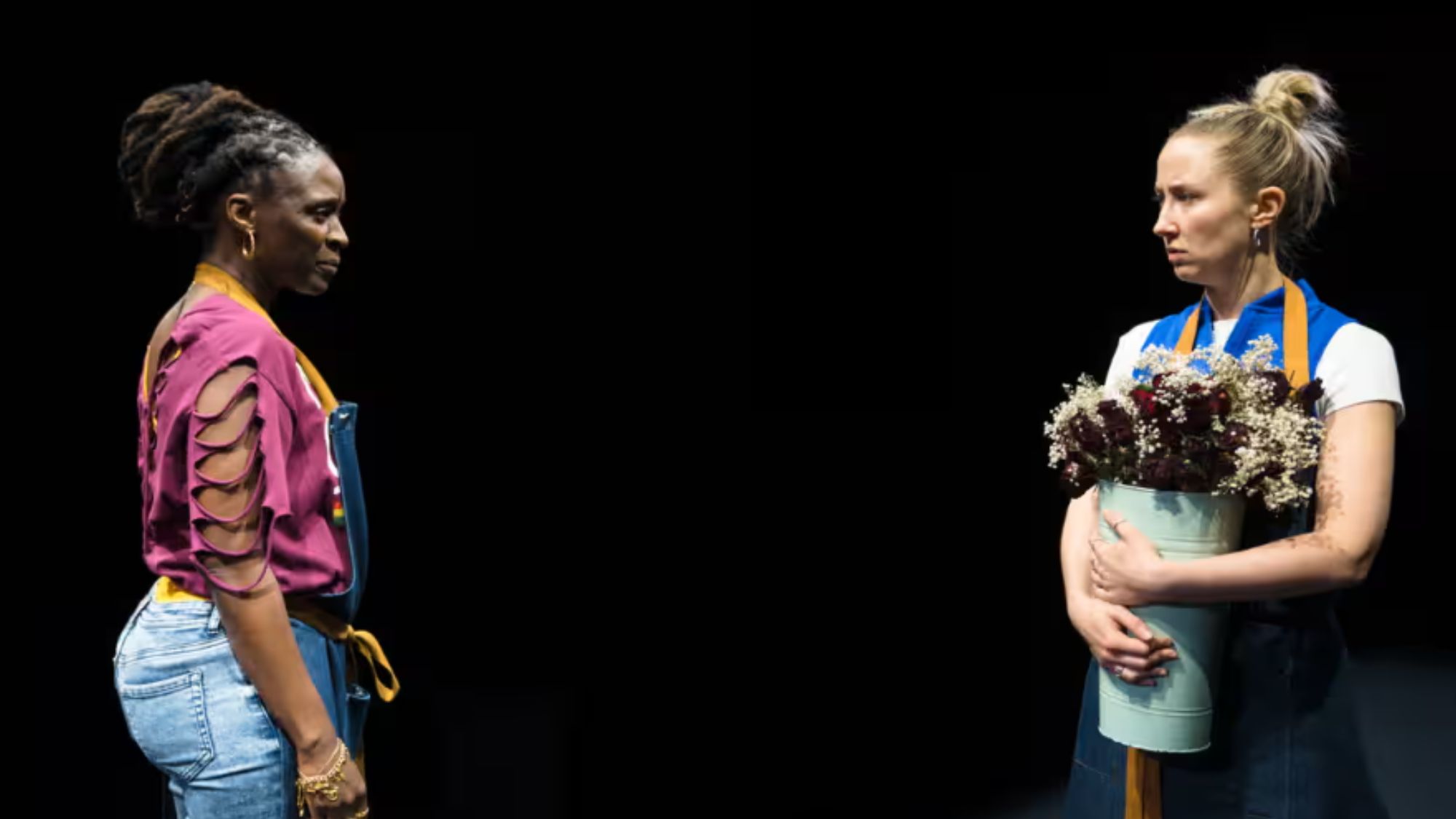 Death of England: Closing Time review – 'bold, brash reflection on racism'
Death of England: Closing Time review – 'bold, brash reflection on racism'The Week Recommends The final part of this trilogy deftly explores rising political tensions across the country
-
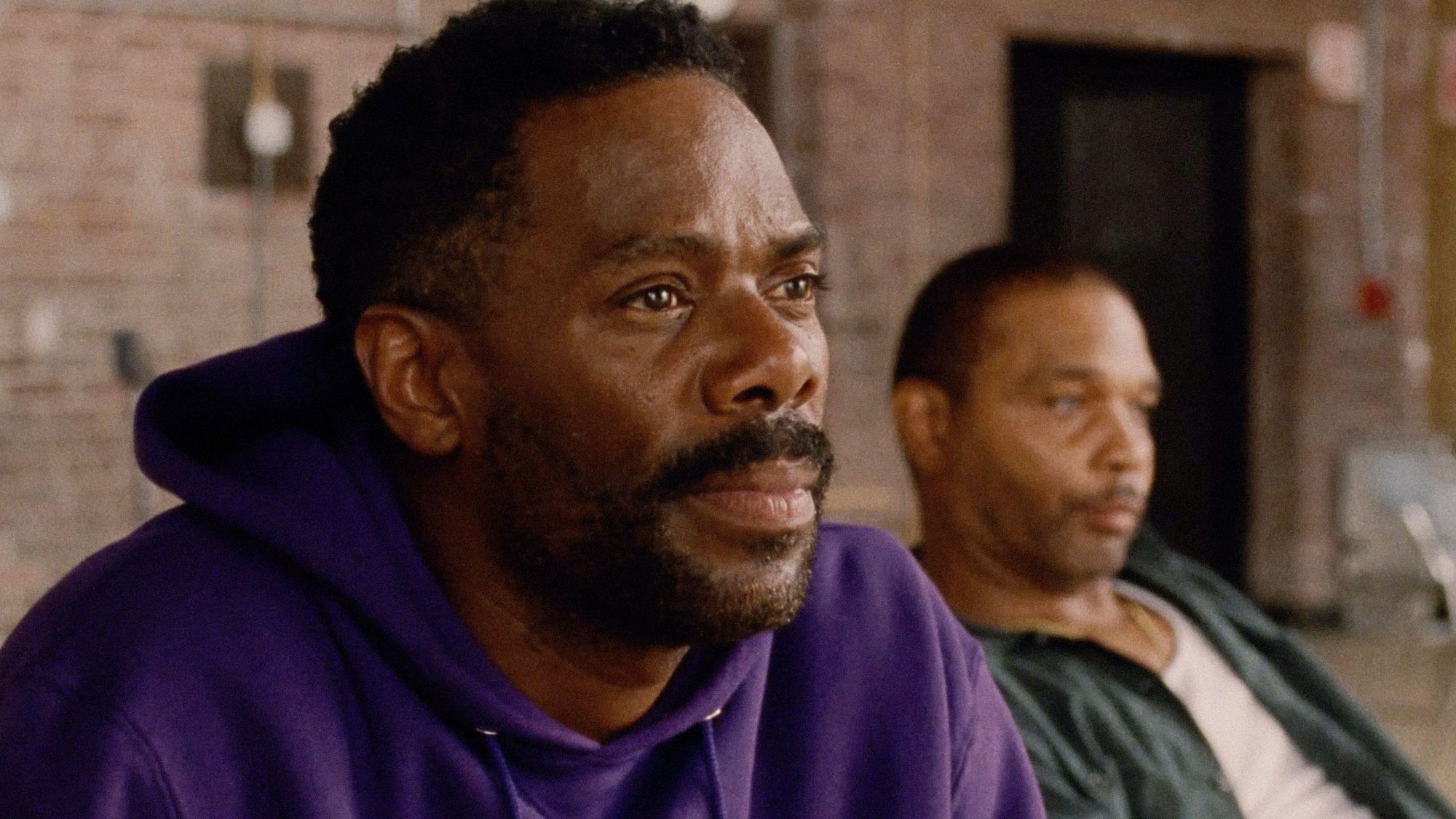 Sing Sing review: prison drama bursts with 'charm, energy and optimism'
Sing Sing review: prison drama bursts with 'charm, energy and optimism'The Week Recommends Colman Domingo plays a real-life prisoner in a performance likely to be an Oscars shoo-in
-
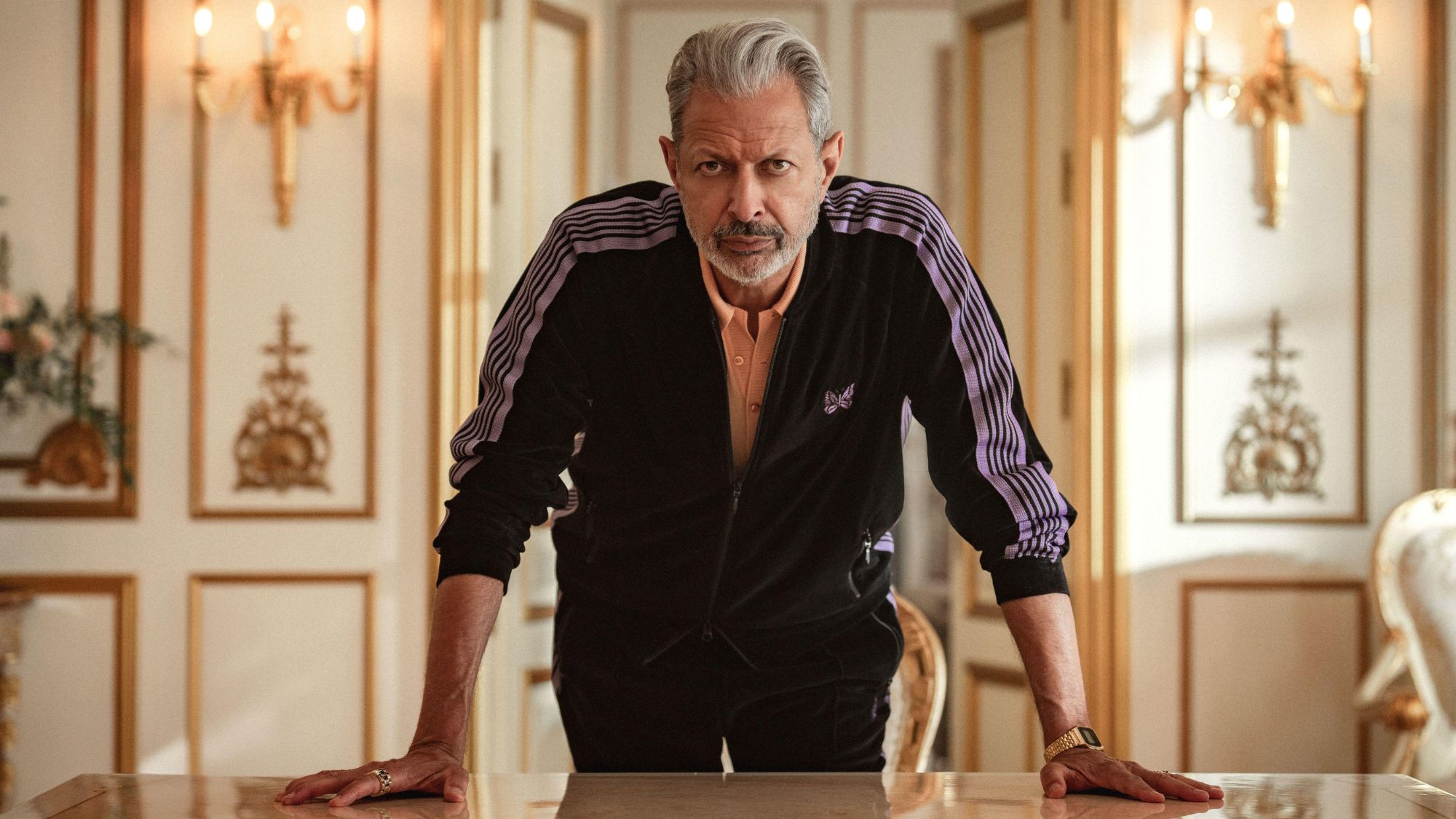 Kaos review: comic retelling of Greek mythology starring Jeff Goldblum
Kaos review: comic retelling of Greek mythology starring Jeff GoldblumThe Week Recommends The new series captures audiences as it 'never takes itself too seriously'
-
 Blink Twice review: a 'stylish and savage' black comedy thriller
Blink Twice review: a 'stylish and savage' black comedy thrillerThe Week Recommends Channing Tatum and Naomi Ackie stun in this film on the hedonistic rich directed by Zoë Kravitz
-
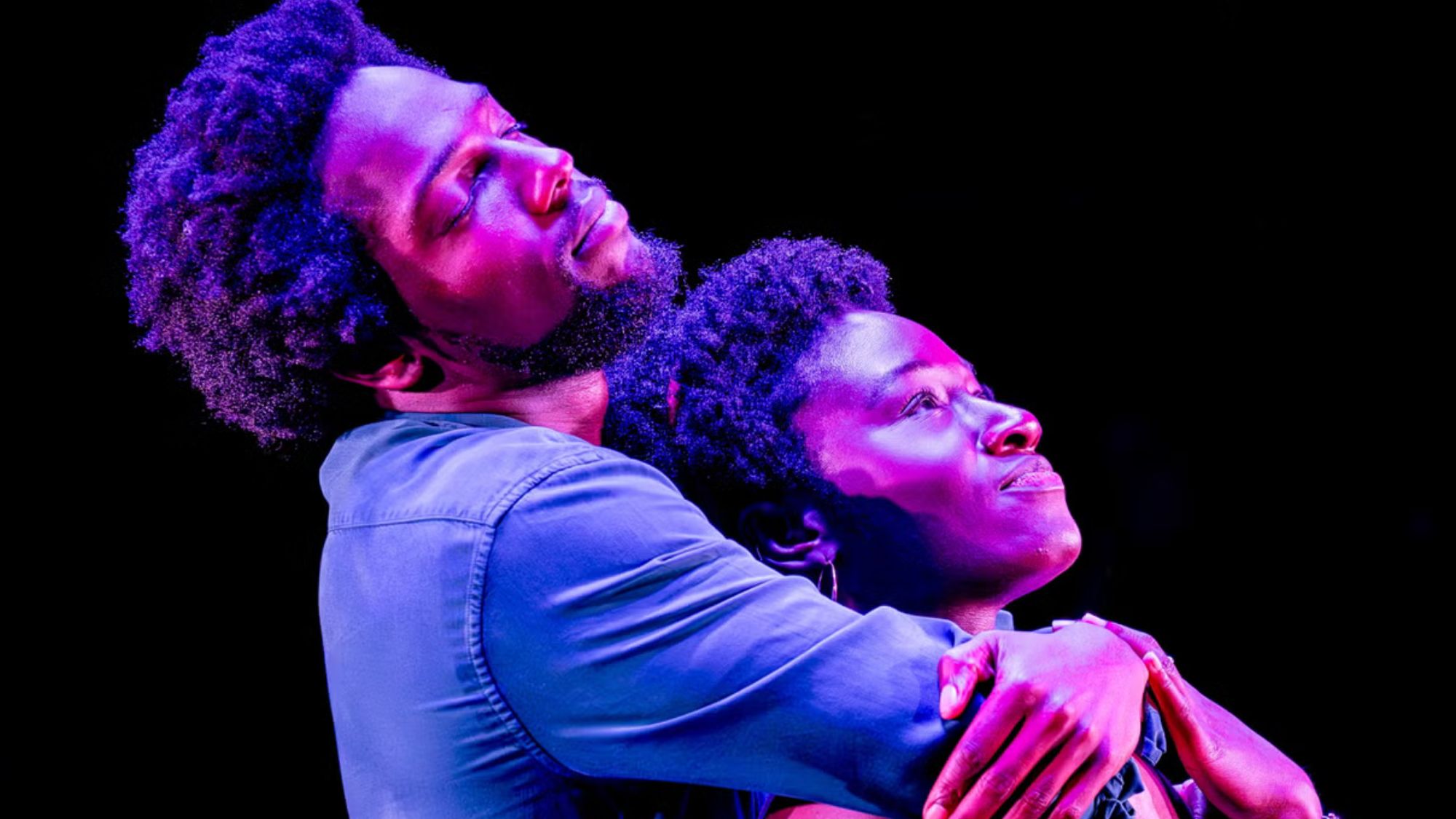 Shifters review: 'beautiful' new romantic comedy offers 'bittersweet tenderness'
Shifters review: 'beautiful' new romantic comedy offers 'bittersweet tenderness'The Week Recommends The 'inventive, emotionally astute writing' leaves audiences gripped throughout